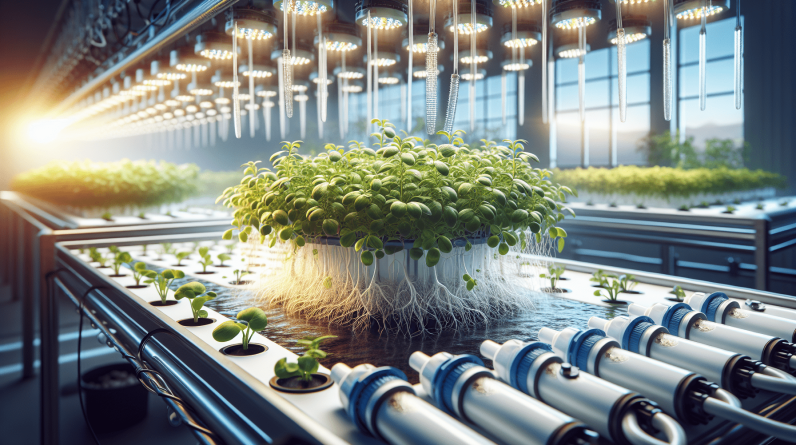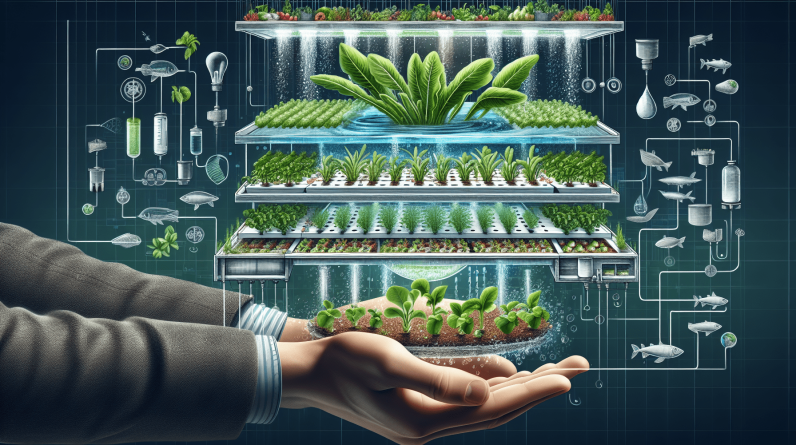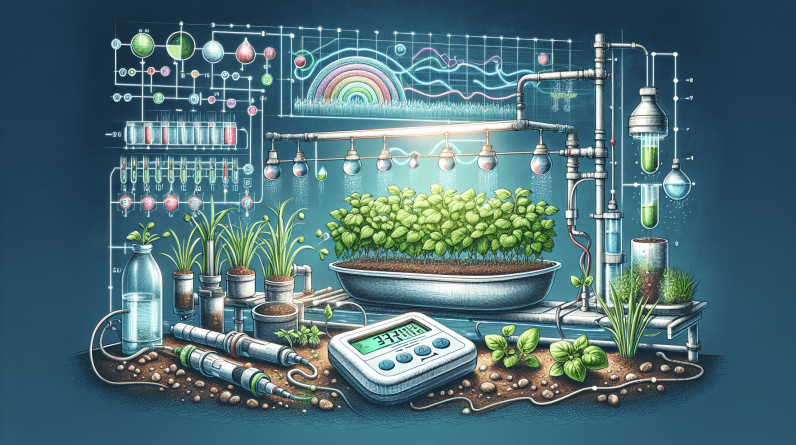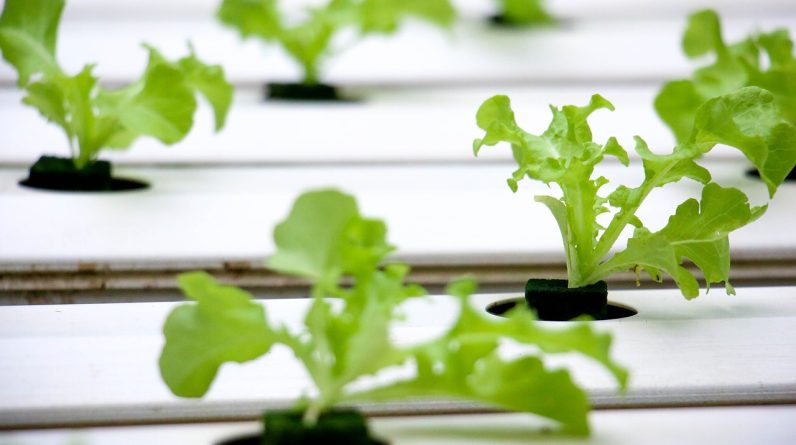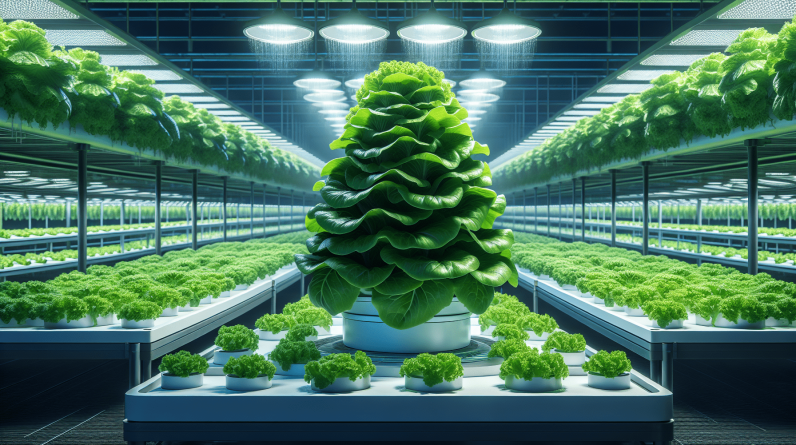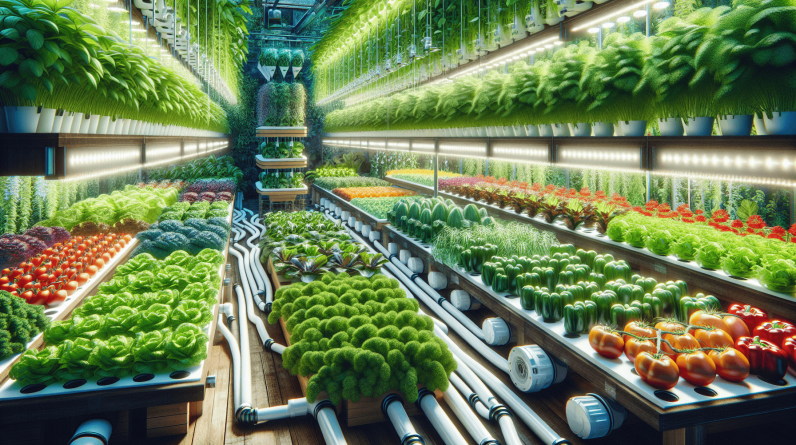
What Makes Hydroponic Systems the Future of Gardening?
Are you curious about the benefits of hydroponic systems and why they are becoming increasingly popular in modern gardening practices? Let’s explore the reasons why hydroponics is considered the future of gardening and how it can revolutionize the way we grow plants.
Benefits of Hydroponic Systems
Hydroponic growing systems offer a wide range of advantages compared to traditional soil-based gardening methods. By providing plants with a nutrient-rich solution directly to their roots, hydroponics promotes faster growth and higher yields. This innovative approach eliminates the need for soil altogether, conserving water and enabling year-round cultivation, regardless of external weather conditions.
Faster Growth and Increased Yields
One of the key advantages of hydroponic systems is the ability to accelerate plant growth significantly. By delivering essential nutrients directly to the roots, plants can absorb them more efficiently, leading to faster development and higher yields. This rapid growth cycle allows you to harvest fresh produce much quicker compared to traditional gardening methods.
Water Conservation
Hydroponic systems are incredibly water-efficient, using up to 90% less water than traditional soil-based gardening. With traditional gardening methods, a significant amount of water is lost through evaporation and run-off. In contrast, hydroponics recirculates water, ensuring that plants receive a consistent supply of nutrients without wastage. This water-saving feature makes hydroponic systems an environmentally friendly choice for sustainable gardening practices.
Year-Round Cultivation
One of the most significant benefits of hydroponic systems is the ability to grow plants year-round, regardless of external weather conditions. Traditional gardening is often limited by seasonal changes, forcing gardeners to adjust their planting schedules based on climate. With hydroponics, you can create an optimal growing environment indoors or in greenhouses, allowing you to cultivate fresh produce consistently throughout the year.
Disease and Pest Resistance
Hydroponic systems reduce the risk of soil-borne diseases and pests that commonly affect traditional gardening practices. By eliminating soil altogether, hydroponics creates a cleaner and more controlled environment for plant growth. This reduction in disease and pest pressure minimizes the need for chemical pesticides and fungicides, resulting in healthier plants and higher-quality crops.
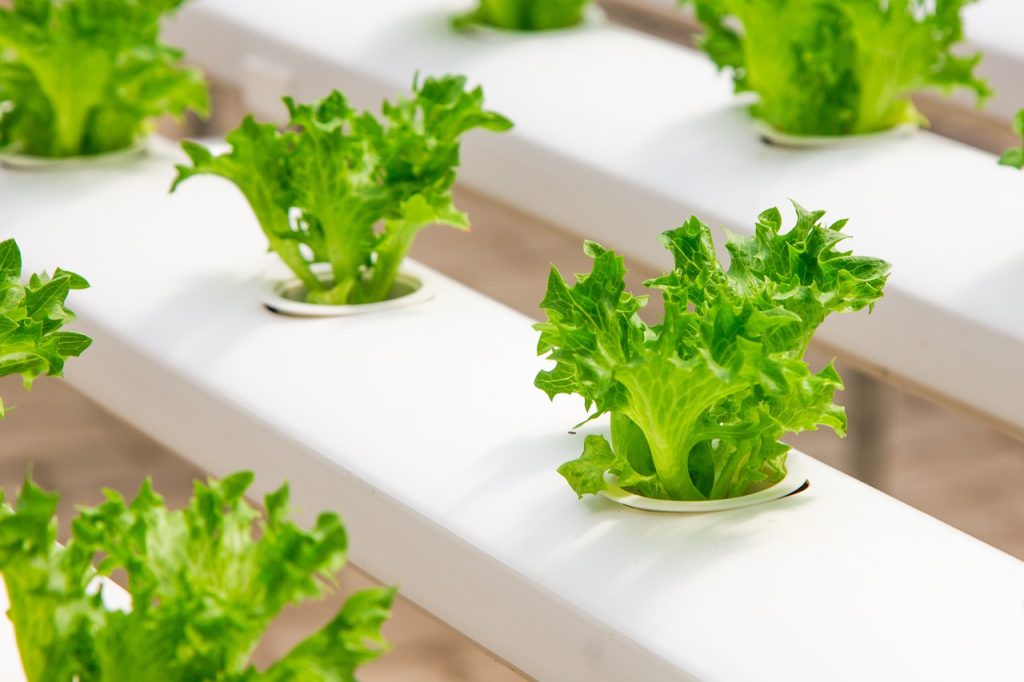
Sustainability of Hydroponic Systems
Another crucial aspect that makes hydroponic systems the future of gardening is their sustainability and efficiency in crop production. By optimizing resource utilization and minimizing environmental impact, hydroponics offers a greener alternative to traditional farming methods.
Resource Efficiency
Hydroponic systems are incredibly resource-efficient compared to traditional soil-based gardening methods. The precise delivery of nutrients directly to plant roots ensures minimal waste and maximum absorption, leading to higher crop yields with fewer inputs. This resource optimization not only conserves water but also reduces the need for fertilizers, herbicides, and pesticides, making hydroponics a more sustainable option for sustainable agriculture.
Environmental Impact
The environmental impact of traditional agriculture, such as soil erosion, water pollution, and habitat destruction, poses significant challenges to sustainable food production. Hydroponic systems address these issues by providing a controlled and closed-loop system that minimizes negative environmental impacts. By using less water, reducing chemical inputs, and preventing soil degradation, hydroponics offer a more eco-friendly solution for growing fresh, nutritious crops.
Space Utilization
Hydroponic systems are ideal for urban gardening and small spaces, making them a practical solution for modern living conditions. With vertical farming techniques and compact design options, hydroponics allow you to maximize space efficiency and grow plants in indoor environments such as apartments, rooftops, or even shipping containers. This innovative approach to cultivation enables city dwellers to enjoy fresh and locally grown produce without the need for a large outdoor garden.
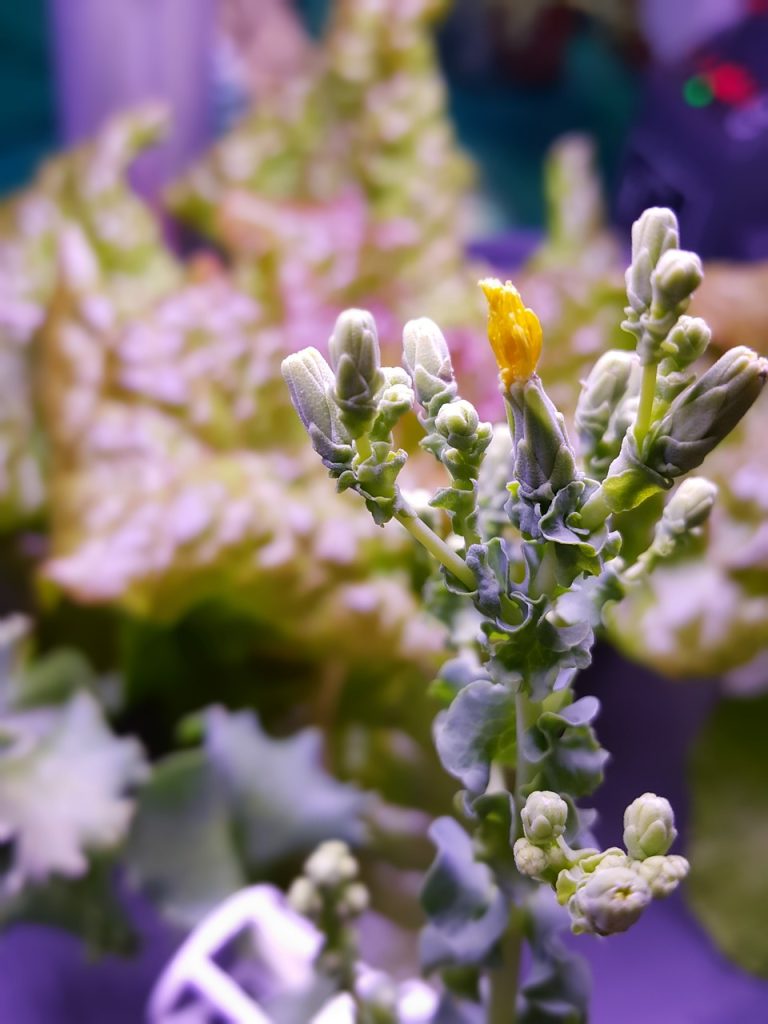
Types of Hydroponic Systems
There are several types of hydroponic systems available, each offering unique features and benefits for different plant varieties and growing environments. From simple designs suitable for beginners to advanced setups for commercial farming, hydroponics offers a versatile range of options to suit your gardening needs.
Deep Water Culture (DWC)
Deep Water Culture (DWC) is one of the most straightforward hydroponic systems, ideal for beginners due to its simplicity and low maintenance requirements. In a DWC system, plants are suspended in a nutrient solution with their roots submerged, allowing for optimal nutrient uptake and oxygenation. This method is excellent for leafy greens and herbs, providing a continuous flow of nutrients to support healthy plant growth.
Nutrient Film Technique (NFT)
Nutrient Film Technique (NFT) is a popular hydroponic system that involves a thin film of nutrient solution flowing along plant roots, providing a steady supply of nutrients and oxygen. This system is highly efficient for rapid plant growth and is commonly used for growing strawberries, lettuce, and other shallow-rooted crops. NFT systems are compact and suitable for both indoor and greenhouse environments, making them a versatile choice for urban gardening.
Ebb and Flow (Flood and Drain)
Ebb and Flow, also known as Flood and Drain, is a versatile hydroponic system that alternates between flooding plant roots with a nutrient solution and draining it away. This cycle ensures that plants receive an adequate supply of nutrients and oxygen, promoting healthy root development and robust growth. Ebb and Flow systems are suitable for a wide range of plants, from vegetables to flowering crops, making them an adaptable choice for home gardeners and commercial growers alike.
Aeroponics
Aeroponics is an advanced hydroponic system that involves suspending plant roots in the air and misting them with a nutrient solution. This method provides maximum oxygenation and nutrient absorption, promoting rapid growth and high yields. Aeroponic systems are highly efficient in water and nutrient usage, making them an eco-friendly choice for sustainable agriculture. While aeroponics requires more precise monitoring and maintenance, it offers excellent results for leafy greens, herbs, and flowering plants.
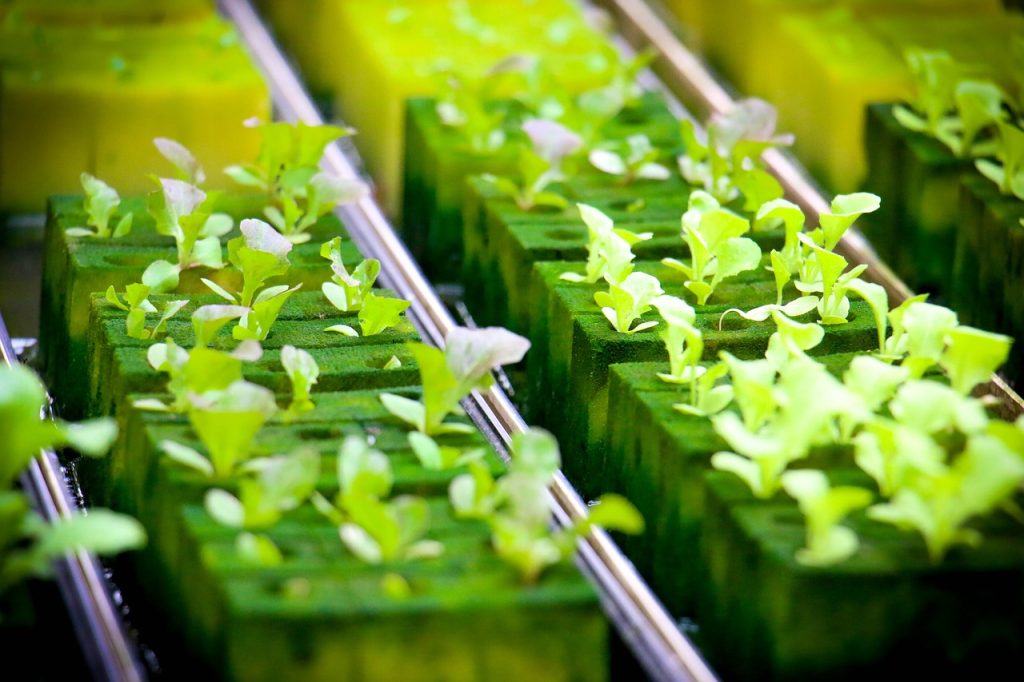
Setting Up a Hydroponic System
If you’re considering starting a hydroponic garden, setting up a system can be a rewarding and fulfilling experience. By following some basic steps and guidelines, you can create a successful hydroponic setup that will allow you to grow fresh produce year-round.
Choose the Right System
Before setting up your hydroponic garden, it’s essential to choose the right system that suits your space, budget, and gardening goals. Consider factors such as the type of plants you want to grow, available space for installation, and your level of expertise in hydroponics. Whether you opt for a simple Deep Water Culture setup or a more advanced Aeroponic system, selecting the right system is crucial for your gardening success.
Select Suitable Plants
When planning your hydroponic garden, select plants that are well-suited for hydroponic cultivation and match your growing conditions. Leafy greens, herbs, strawberries, and tomatoes are popular choices for hydroponic gardening due to their adaptability to nutrient-rich solutions and controlled environments. Research the nutritional requirements and growth habits of your chosen plants to ensure a successful harvest and maximize your gardening efforts.
Provide Adequate Light
Light is essential for plant growth, especially in indoor hydroponic setups where natural sunlight may be limited. Ensure that your hydroponic system receives adequate light exposure by using grow lights or natural daylight to promote photosynthesis and healthy plant development. LED grow lights are an energy-efficient option for providing the ideal light spectrum for plants, supporting their growth cycle and maximizing crop yields in a controlled environment.
Monitor Nutrient Levels
Maintaining the right nutrient balance is critical for the health and productivity of your hydroponic plants. Regularly check and adjust nutrient levels in your system to ensure that plants receive the necessary minerals and trace elements for optimal growth. Use a reliable pH meter and nutrient solution to monitor and adjust nutrient concentrations, preventing deficiencies or toxicities that can impact plant health and crop quality.
Manage Water and Air Circulation
Proper water and air circulation are essential for maintaining optimal growing conditions in your hydroponic system. Ensure that water flows smoothly through your setup, providing plants with a continuous supply of nutrients and oxygen. Use air pumps or air stones to oxygenate the nutrient solution and prevent root rot, promoting healthy root development and vigorous plant growth. Regularly check water levels and circulation to prevent stagnation and algae growth, which can affect plant health and system performance.
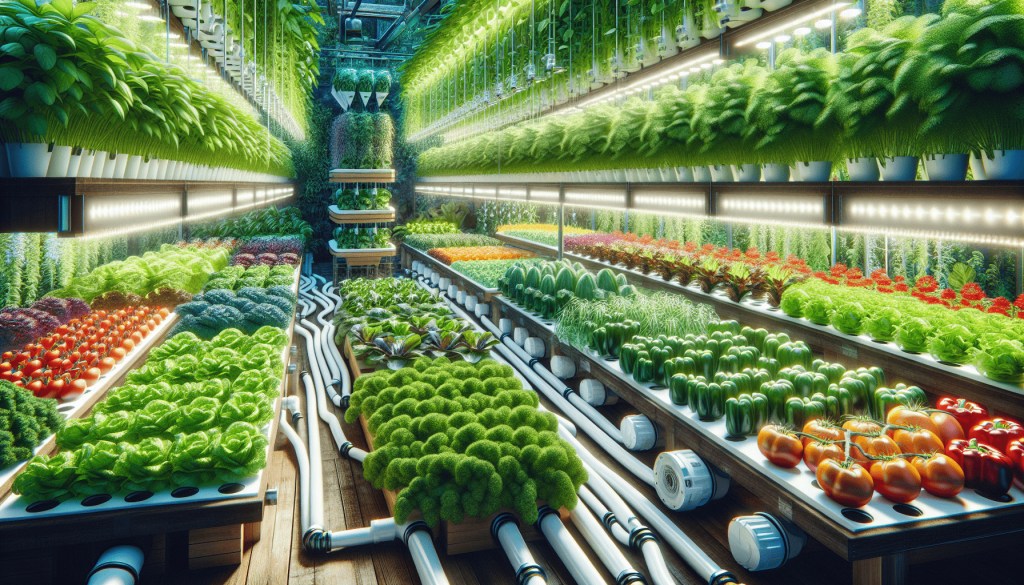
Conclusion
In conclusion, hydroponic systems offer numerous benefits that make them the future of gardening for modern growers. By providing faster growth, higher yields, water conservation, disease resistance, and sustainability, hydroponics revolutionizes the way we cultivate fresh produce. With a wide range of system options, from simple Deep Water Culture to advanced Aeroponic setups, hydroponics offers a versatile and efficient solution for growing plants in various environments. By setting up a hydroponic system and following best practices for maintenance and care, you can enjoy the rewards of homegrown produce year-round and experience the innovative benefits of hydroponic gardening. Are you ready to embrace the future of gardening with hydroponic systems? Start your hydroponic journey today and discover the endless possibilities of growing fresh, nutritious crops with this advanced and sustainable growing method.





